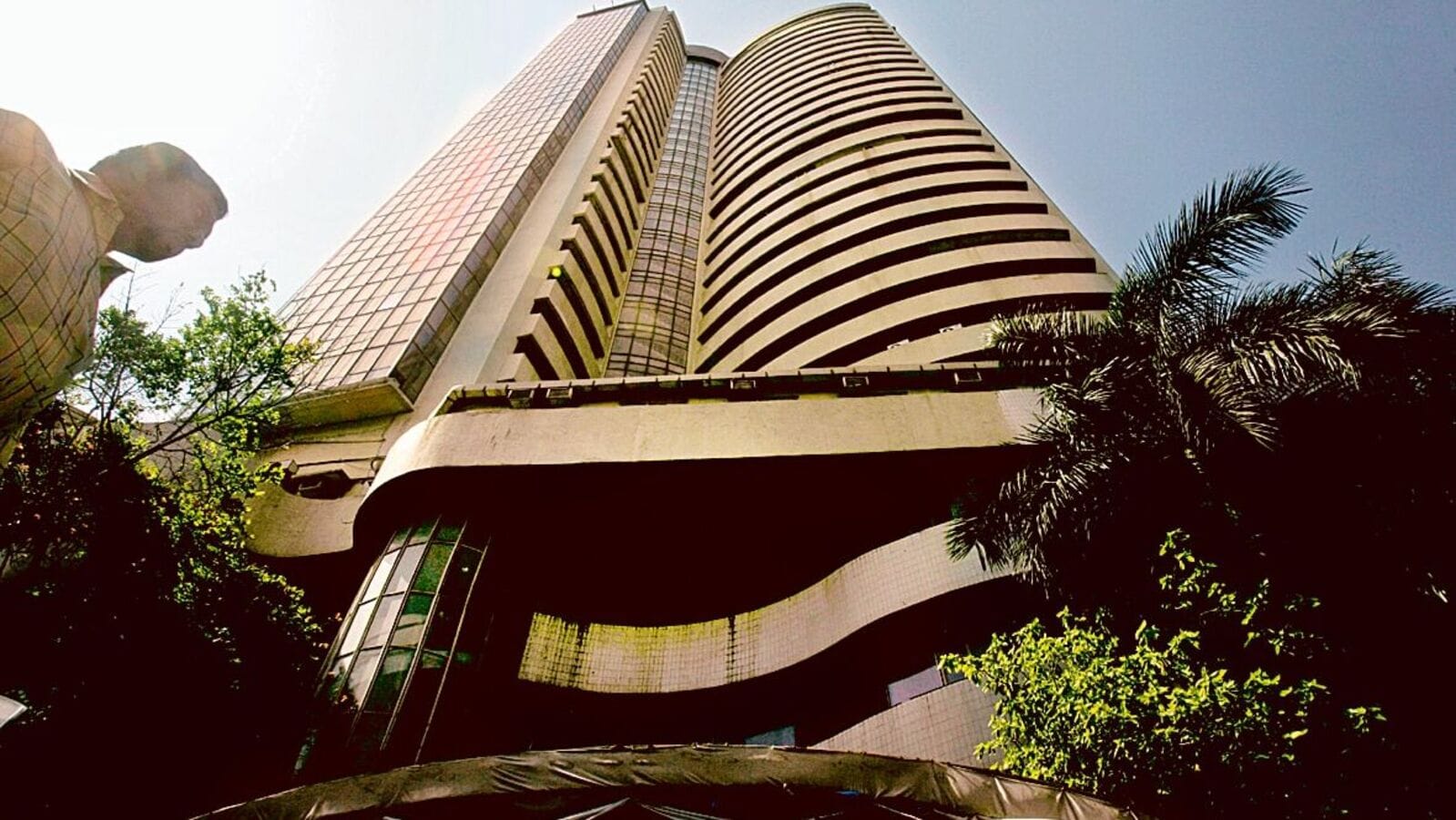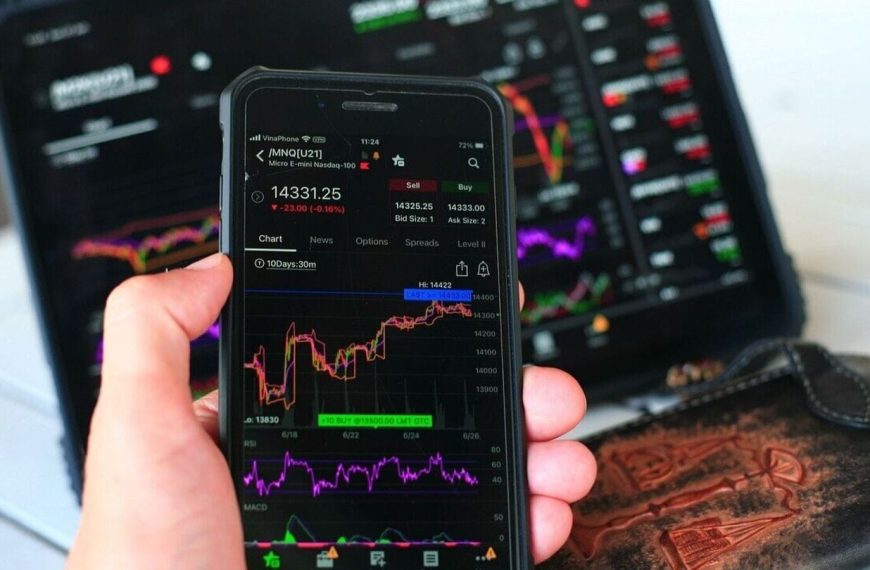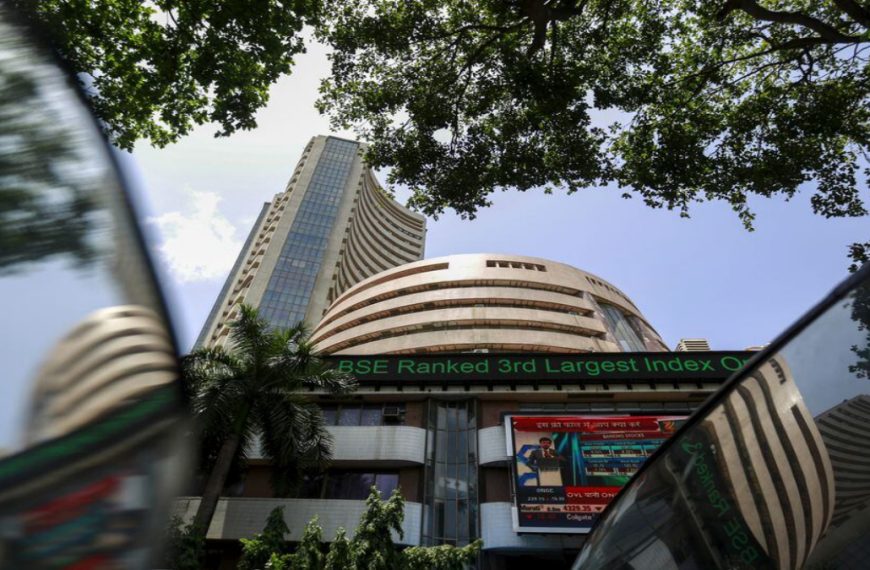Foreign Portfolio Investors (FPIs) have made a notable comeback, emerging as net buyers in the Indian stock market after a prolonged selling period. In a significant shift, they injected ₹6,065 crore into equities, bringing an end to a nine-day stretch of selling that had seen a staggering outflow of ₹38,992 crore. This marks a turning point, as the last time FPIs were net buyers was on March 27, when they invested ₹11,111.25 crore, the highest single-day investment recorded in 2025.
Changing Investor Sentiment
The recent turnaround in FPIs’ behavior aligns with easing trade tensions following U.S. President Donald Trump’s decision to relax certain tariffs on key trading partners. This development has sparked optimism among investors, who are now cautiously hopeful for a broader trade agreement that could alleviate uncertainties in global markets.
- Previous FPIs Trends:
- Invested ₹32,576 crore between March 20 and March 27.
- Experienced net selling in early April.
- Withdrawals amounted to ₹34,574 crore in February and ₹78,027 crore in January.
Stock Market Resurgence
The Indian stock market has demonstrated robust recovery, with both the Nifty 50 and Sensex climbing over 7% during the last five trading sessions. The positive momentum is attributed to President Trump’s recent announcements about tariff relaxations, particularly those affecting the auto industry. On Monday, Trump hinted at potentially exempting automakers from existing tariffs, allowing them additional time to adjust their supply chains.
This follows prior exemptions for certain Chinese-made electronics and semiconductors. However, a 20% tariff will remain on electronics, despite the easing of some pressures.
Tariff Dynamics and Economic Outlook
In light of a recent bond market sell-off that increased U.S. interest rates, Trump declared a temporary 90-day baseline tariff of 10% on various countries, intending to facilitate negotiations. Meanwhile, the U.S. has escalated import taxes on China to 145%, in retaliation for China’s 125% tariff on American goods. Such developments raise concerns about a potential global economic fallout, especially since both nations together account for 45% of the world’s GDP.
Trump has also encouraged China to engage in negotiations, particularly after a recent directive preventing Chinese airlines from accepting deliveries of Boeing jets. Reports suggest that the Trump administration might leverage tariff discussions to pressure U.S. trading partners regarding their dealings with China.
Future Market Predictions
The question on many investors’ minds is whether this rally in the Indian stock market will persist. According to Kotak Institutional Equities, while there are no fundamental changes in the U.S.’s strategic objectives, uncertainties regarding tariffs continue to loom, impacting exporters and companies alike.
- Key Takeaways from Kotak:
- The U.S. has temporarily suspended reciprocal tariffs for 90 days, excluding China.
- Indian markets are showing modest upside potential, benefiting from a lower export-to-GDP ratio and a strong domestic market focus.
- Despite the current positive sentiment, Kotak remains cautious due to fair-to-expensive valuations across sectors and ongoing global tariff uncertainties.
As the situation unfolds, investors are urged to stay informed and consider the market dynamics carefully. The evolving landscape presents both challenges and opportunities, making vigilance essential for navigating the complexities of the Indian stock market.











